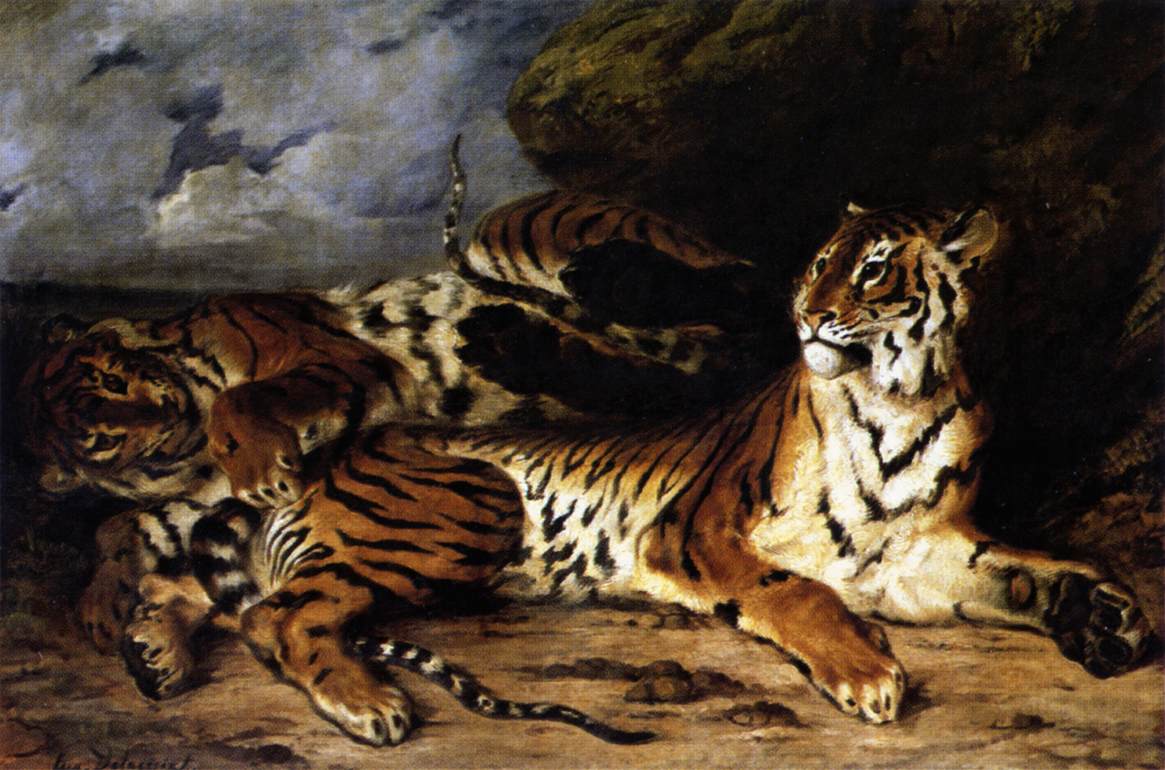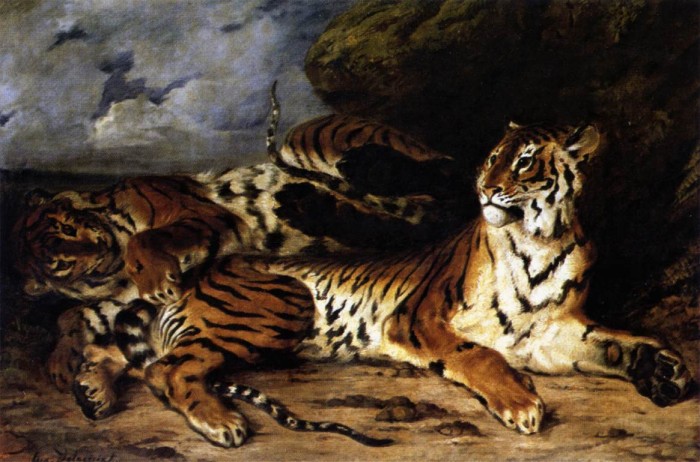
“China Outlaws the Eating of Tiger Penis, Rhino Horn and Other Endangered Animal Products” ~ VICE News
When it comes to environmental conservation and protection of endangered species, we all have to work together, and China just took a huge step forward.
What happens in China affects the whole world. China is not only a huge country, but a huge economy with considerable clout on the world stage. Now, China has reinterpreted its endangered species protection laws to place responsibility on the consumers.
Who’s consuming endangered species you ask? I mean, who would even want to eat a tiger? Well, a lot of people, apparently.
Traditional Chinese Medicine (TCM) is an ancient and strong practice within the country, and has an increasingly large following in the West. Acupuncture has been proven to help a number of chronic conditions for which Western medicine currently has no answer. I have experienced the benefits myself, and have a deep affection for the tradition, culture and philosophy.
But acupuncture isn’t all there is to TCM. TCM has a dark side.
In China, many TCM practitioners are “state regulated and mindful of endangered species regulations,” but there is another consumer-driven side not regulated by the government.
Various parts of animals are thought to be medicinal in TCM. Sometimes even the fecal matter (the fancy name for poo) of the animal is thought to have healing powers.
Many of the most prized species are on the endangered species list, leading to an epidemic of poaching.
According to the Vice News article, parts of the pangolin (a type of anteater that is incredibly adorable) are thought to cure blood stasis, and tiger bones are supposed to treat arthritis. Asiatic black bear bile is thought to treat everything from liver problems to the common cold.
But animal parts are not only prized for their supposed medicinal benefits in China, they’re also status symbols.
Shark fin soup has long been a staple of Chinese wedding celebrations (at least for the wealthy). Pangolin meat is a delicacy people will pay up to $324 to eat! Aside from the fact that nothing can be delicious enough to justify that price, pangolins are some of the cutest creatures on the planet.
China’s roaring economy has led its newly wealthy citizens to buy more and more illegal wildlife product as status symbols. If something doesn’t change soon, the economy might be the only thing left to roar in China.
Gone will be the tigers and the black bears, and those cute little pangolins (I don’t know if pangolins roar, actually). But with this new law, it won’t just be the hunters who will be held responsible, it will be the consumers, as well.
Fighting the poachers while there is still a flourishing market for illegal animal products is futile. Where there is someone willing to buy, there will be someone willing to sell.
But, if there are no more buyers, the entire industry will evaporate. China’s new policy will mean that anyone who “knowingly buys” products made from protected species will face “considerable jail time.”
It’s a resounding victory for endangered species!…or is it?
There is considerable concern that the laws may not be properly or sufficiently enforced. Considering that one survey done in China found that, “70 percent of responders didn’t know that ivory comes from dead elephants,” the emphasis on “knowingly purchasing or consuming” protected species products seems weaker than at first glance.
Also, China lacks any laws against animal cruelty, allowing the breeding and exploitation of endangered species in captivity. The VICE article recounts,
“Under Chinese law, an animal is categorized based on how endangered it is. Because the Asiatic black bear doesn’t have class-one protection status, it’s legal to farm it and extract bile…in the case of the tiger, the farms nominally operate as wildlife parks, but these businesses can legally utilize and sell the animal’s parts. The loophole has undermined a putative ban on the trade, which the state doesn’t really enforce.”
This creates a lot of confusion for the consumers. If they can buy tiger products in one setting, but not another, the message that we should protect these animals becomes blurred. We need a strong and coherent message that these endangered species are not products!
Still, this new policy is cause for celebration. It is indicative of a growing level of support for endangered species from China’s citizens, and it shows they are willing to support stricter enforcement laws.
~
Love elephant and want to go steady?
Sign up for our (curated) daily and weekly newsletters!
Apprentice Editor: Kathryn Muyskens / Editor: Rachel Nussbaum
Photo Credit: Wikimedia Commons











Read 2 comments and reply